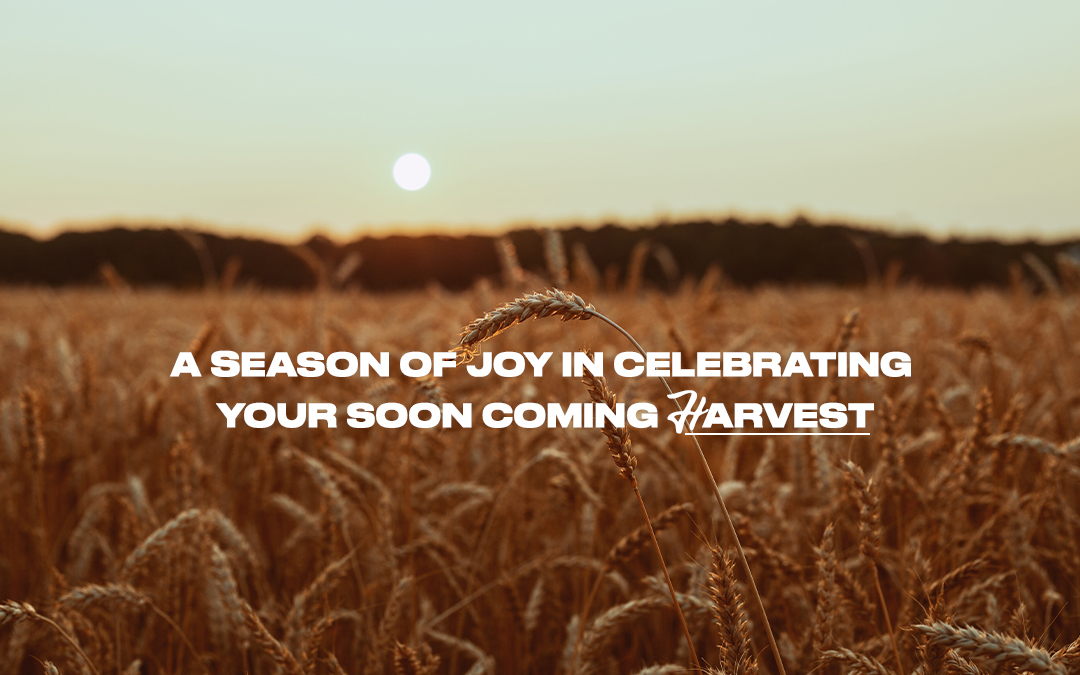
GET
connected
What is Rosh Hashanah and how is it celebrated?
Evening of Wednesday, October 2, 2024 – Friday, October 4, 2024
Rosh Hashanah which means ‘Head of the Year’ is the Biblical New Year and a time for new possibilities, new goals, and new beginnings. It is a significant and deeply meaningful holiday in the Jewish faith. It marks the beginning of the High Holy Days, a period of introspection, repentance, and spiritual renewal. At its core, Rosh Hashanah is a time of reflection, repentance, and renewal of one’s relationship with both God and fellow human beings. It is believed that on this day, God judges each individual’s deeds from the past year, determining their fate for the upcoming year.
As we celebrate Rosh Hashanah, the Feast of Trumpets, it’s important to understand this is symbolic of the rapture of the church. The rapture is one of the most incredible and amazing promises from the Bible. It’s almost incomprehensible. The rapture should be seen as the fulfillment of God’s promise of salvation. When you study this, you will discover that the rapture is a resurrection.
Look at how it’s described in one of the great Bible verses on the rapture:
This is the word of the Lord: we who are alive in him and remain on earth when the Lord appears will by no means have an advantage over those who have already died, for both will rise together. For the Lord Himself will appear with the declaration of victory, the shout of an archangel, and the trumpet blast of God. He will descend from the heavenly realm and command those who are dead in Christ to rise first. Then we who are alive will join them, transported together in clouds to have an encounter with the Lord in the air, and we will be forever joined with the Lord. So encourage one another with these truths. — 1 Thessalonians 4:15-18 The Passion Translation
The significance of apples and honey
Families gather together on Rosh Hashanah to share festive meals, typically featuring traditional foods imbued with symbolism. Apples and honey are a staple, symbolizing hope for a sweet and fruitful year ahead. Challah, a braided egg bread, is often baked in a round shape for this occasion, representing the cyclical nature of life and the continuity of the Jewish people. Pomegranates, with their numerous seeds, are also commonly eaten to symbolize abundance and fertility.



